The History of Medicine: From Ancient Remedies to Modern Science
14 February 2025
Medicine, as we know it today, is a remarkable field that saves lives, alleviates suffering, and helps humanity thrive. But it wasn’t always like this. Medicine has a rich history, filled with trial and error, ancient potions, prayers, and eventually, scientific breakthroughs. Curious how we went from using herbs in prehistoric times to performing groundbreaking surgeries with robotic assistance? Then buckle up! This journey through the history of medicine is as fascinating as it is essential.
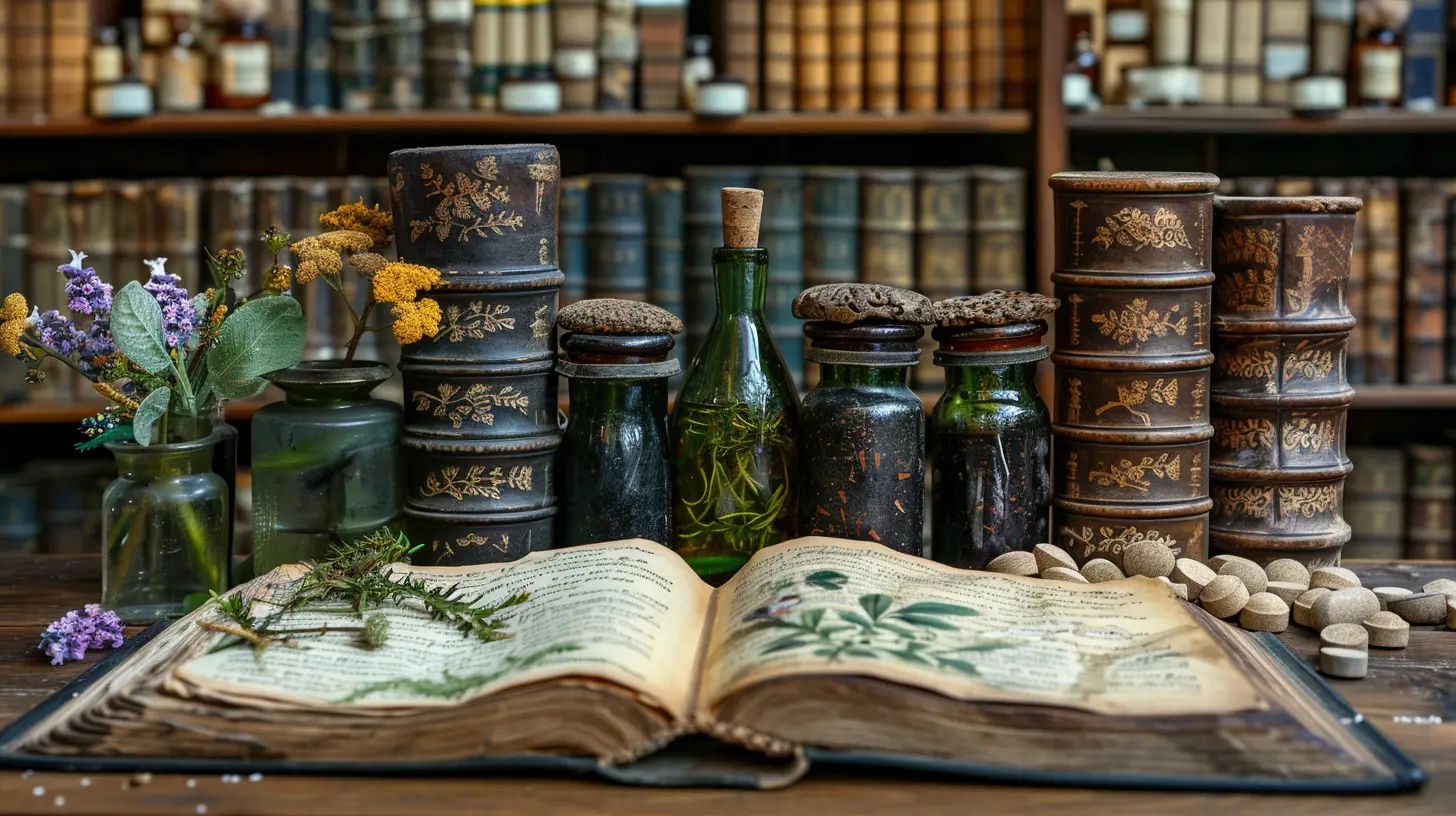
Ancient Medicine: The Dawn of Healing
Early Healers and Remedies
Long before the stethoscope, before medical schools, and long before we could even conceptualize germs, early humans had to figure out how to heal themselves. In ancient times, medicine was a mix of superstition, religion, and trial-and-error experimentation.Imagine living thousands of years ago in a small tribe. If you got sick, there were no pharmacies or hospitals. Instead, you’d rely on the wisdom of the tribe’s healer. These early healers used plants, minerals, and animal parts to treat illnesses. They didn’t fully understand why certain things worked, but through observation and repetition, they discovered that some herbs could reduce pain, while others could treat wounds.
Ancient Egypt’s Contributions
When we think of Ancient Egypt, we often focus on the pyramids and pharaohs, but medicine was also a significant part of their culture. The Egyptians were among the first civilizations to document their medical practices. They wrote down treatments, remedies, and even surgical procedures on papyrus scrolls.The Ebers Papyrus, one of the oldest medical texts from around 1500 BCE, contains hundreds of remedies and treatments, including things like honey for wounds and acacia to ease digestive problems. These remedies were often combined with prayers and magical chants, as the Egyptians believed that diseases were caused by supernatural forces.
Ancient Greece: The Birth of Rational Medicine
The Greeks took a giant leap forward when it came to medicine. They were the first civilization to begin separating medicine from superstition, thanks to one of history’s most famous physicians: Hippocrates, often called the "Father of Medicine."Hippocrates changed the way people thought about illness. He proposed that diseases weren’t punishments from the gods but rather caused by natural factors such as diet, environment, and lifestyle. He also emphasized the importance of observation and documentation, laying the foundation for the scientific method.
His ideas were revolutionary, and they influenced medicine for centuries. In fact, the Hippocratic Oath, a pledge that many doctors still take today, is named after him.

The Middle Ages: A Time of Setbacks and Some Surprising Progress
Medical Practices in the Dark Ages
The fall of the Roman Empire led to a period often referred to as the Dark Ages in Europe, and it wasn’t exactly a golden age for medicine either. Much of the medical knowledge from the Greeks and Romans was lost or ignored. Instead, people relied on religious explanations for diseases. If you were sick, it was often believed that you had angered God, and treatments were focused on prayer and penitence rather than science.However, not all was lost during this period. In the Islamic world, scholars like Avicenna were preserving and expanding upon Greek and Roman medical knowledge. Avicenna’s Canon of Medicine, written in the 11th century, became one of the most important medical texts of the time, influencing both Islamic and European medicine for hundreds of years.
The Black Death and Medical Responses
The Black Death, also known as the Bubonic Plague, swept across Europe in the 14th century, killing millions of people. Medicine at the time was ill-equipped to deal with such a massive pandemic. Doctors didn’t understand the cause of the plague (which we now know was spread by fleas on rats), and treatments were largely ineffective.Still, the Black Death forced Europe to rethink its approach to medicine. Hospitals were established to care for the sick, and there was a renewed interest in medical research. Out of the ashes of this tragedy came the seeds of the Renaissance, a period that would dramatically change medicine forever.
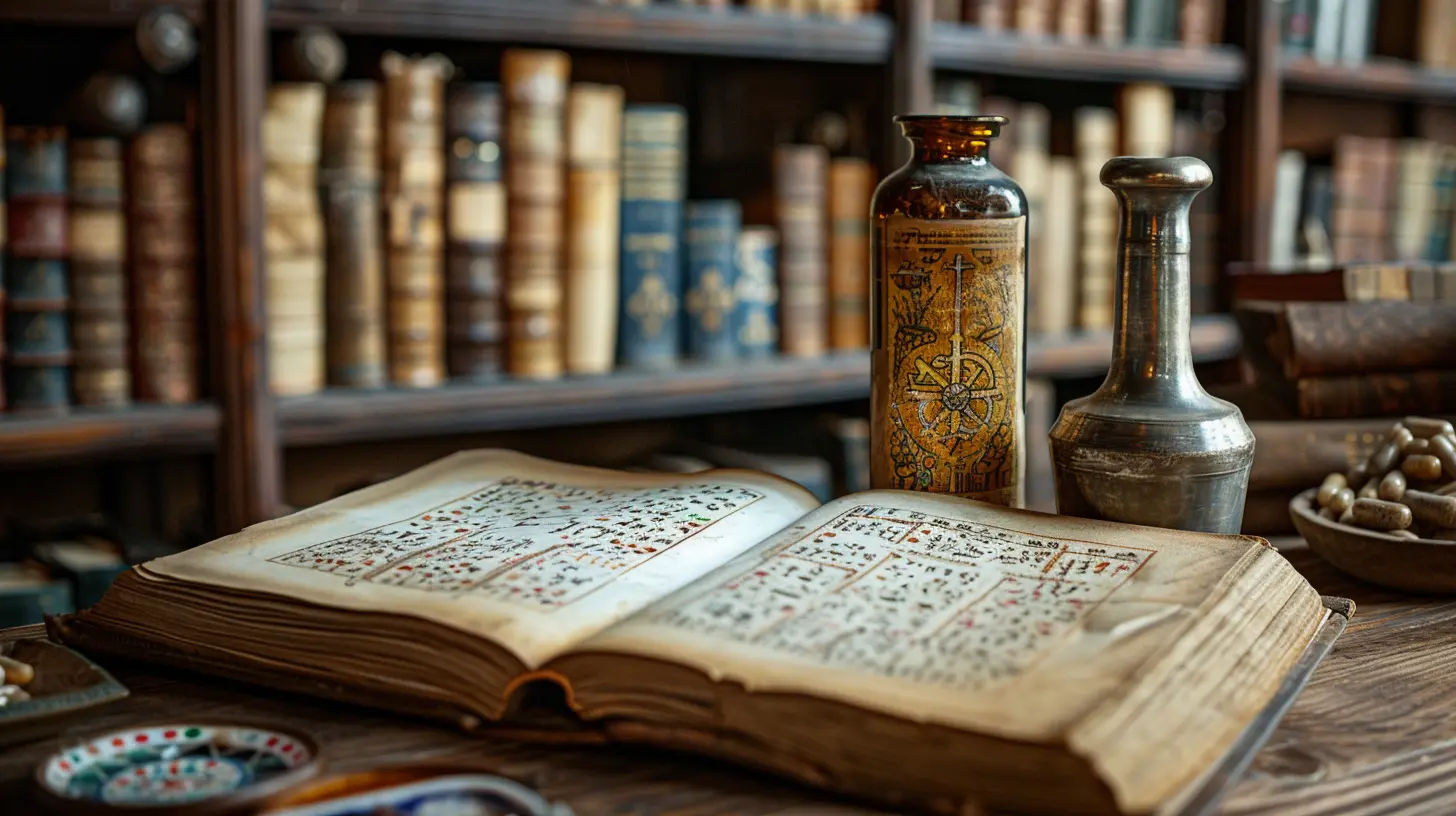
The Renaissance: Medicine Rediscovers Science
The Surge in Medical Knowledge
The Renaissance was a time of great innovation and rediscovery in many fields, and medicine was no exception. During this period, physicians began to dissect human bodies, something that had been forbidden during the Middle Ages. Dissections allowed doctors to better understand human anatomy, and this knowledge revolutionized surgery and medical treatments.One of the most famous figures in Renaissance medicine was Andreas Vesalius, who published "De Humani Corporis Fabrica", one of the most detailed books on human anatomy ever created. His work corrected many misconceptions about the body that had persisted since ancient times.
The Invention of the Microscope
Another game-changer was the invention of the microscope in the late 16th century. This allowed scientists to see microorganisms for the first time, although it would take a few hundred more years before we fully understood their role in causing diseases. But still, the microscope marked the beginning of a new era in medicine, one that would eventually lead to the discovery of germs and antibiotics.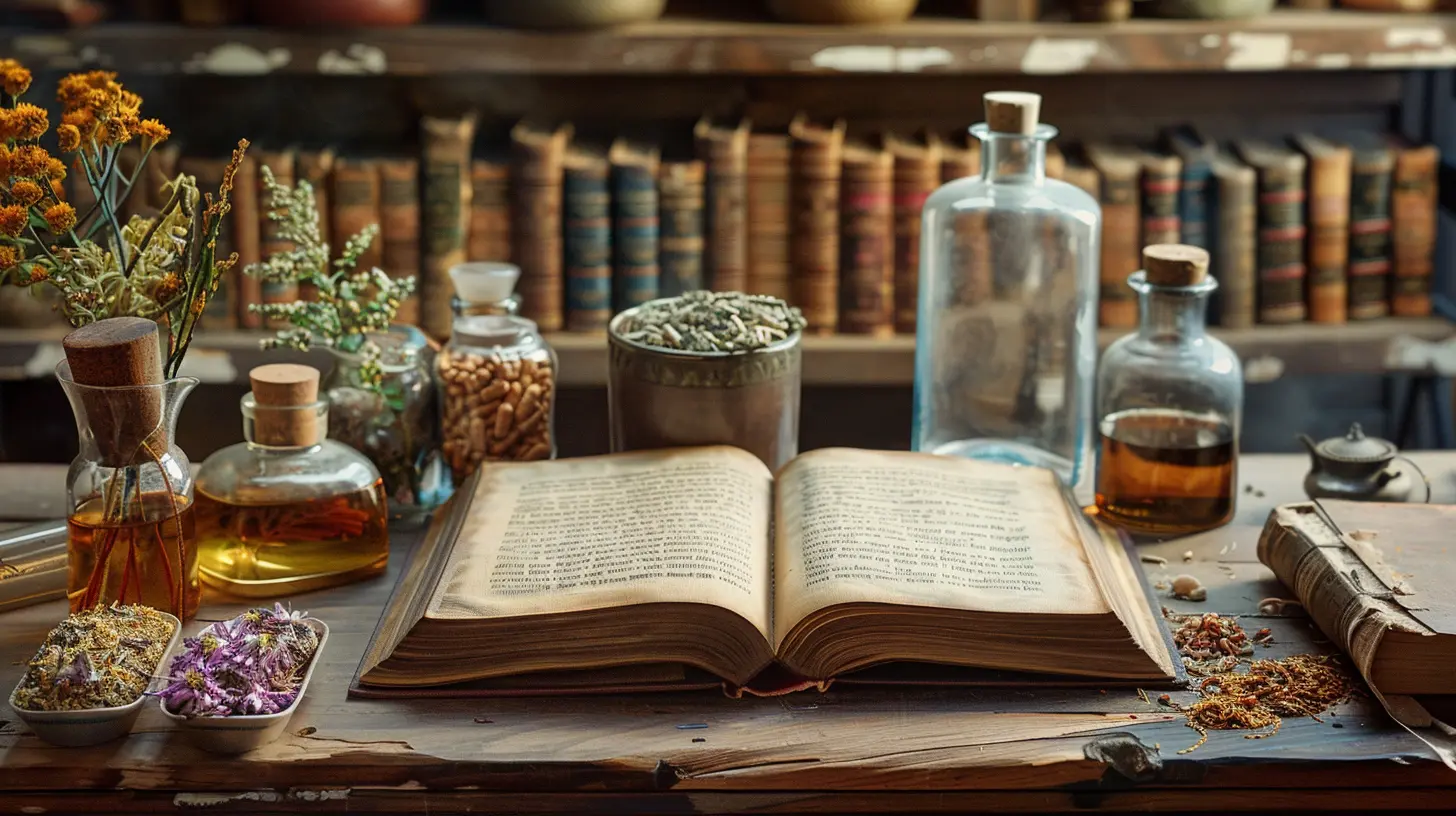
The 19th and 20th Centuries: The Rise of Modern Medicine
Germ Theory and Louis Pasteur
The 19th century saw one of the most important breakthroughs in medical history: germ theory. For centuries, people believed that diseases were caused by "bad air" or imbalances in bodily fluids, but this all changed thanks to scientists like Louis Pasteur and Robert Koch.Pasteur’s experiments in the 1860s proved that microorganisms were responsible for causing many diseases. This discovery changed everything. For the first time, we understood that by killing or preventing these microorganisms, we could stop diseases from spreading. Pasteur’s work led to the development of vaccines, starting with a vaccine for rabies.
The Discovery of Anesthesia and Antiseptics
Imagine undergoing surgery without anesthesia or antiseptics. Sounds terrifying, right? Before the 19th century, that was the reality for most people.The discovery of anesthesia in the 1840s revolutionized surgery. Suddenly, doctors could perform more complex surgeries without the patient being awake and in excruciating pain.
Around the same time, Joseph Lister introduced the idea of using antiseptics to kill germs during surgery, drastically reducing the risk of infection. These two discoveries made surgery far safer and more effective.
The Discovery of Penicillin
If there’s one medical discovery that has saved millions of lives, it’s penicillin. Discovered by accident by Alexander Fleming in 1928, penicillin was the first true antibiotic. Before antibiotics, bacterial infections often led to death, but now, conditions like pneumonia and syphilis could be treated effectively.Antibiotics have been called one of the most important medical advancements of the 20th century, and they continue to play a crucial role in modern medicine today.
21st Century Medicine: A New Frontier
The Rise of Technology in Medicine
Fast forward to today, and medicine looks like something out of a science fiction novel. We now have robot-assisted surgeries, where a surgeon controls robotic arms to perform delicate procedures with precision. We have telemedicine, which allows patients to consult with doctors from the comfort of their own homes.Artificial intelligence (AI) is also making waves in diagnostics and treatment planning. AI algorithms can analyze vast amounts of data to help doctors make more accurate diagnoses, and in some cases, even predict potential health issues before they become serious.
Genetic Medicine and Personalized Care
One of the most exciting developments in modern medicine is the rise of genetic medicine. Thanks to advances in genetic sequencing, doctors can now analyze a patient’s DNA to customize treatments specifically for them. This is known as personalized medicine, and it’s already being used to develop targeted cancer therapies that are far more effective than traditional treatments.We’re also on the verge of gene editing becoming a reality. Techniques like CRISPR allow scientists to edit genes, potentially curing genetic diseases like cystic fibrosis or sickle cell anemia. The possibilities are mind-boggling.
Conclusion: The Future of Medicine
From ancient remedies rooted in superstition to modern science that can change our very DNA, the history of medicine is a story of human ingenuity, persistence, and hope. We've come a long way, but the journey is far from over. The future of medicine promises even more incredible advancements, from curing previously untreatable diseases to extending human life itself.So, the next time you take an aspirin for a headache or visit a doctor for a check-up, remember that you're benefiting from thousands of years of medical progress. And who knows what the future holds? Perhaps one day, we'll look back at today's medicine as primitive compared to the breakthroughs of tomorrow.
all images in this post were generated using AI tools
Category:
History LessonsAuthor:

Olivia Chapman
Discussion
rate this article
16 comments
Jessica Hubbard
From ancient healers' whispers to labs' precise dance, medicine's journey unfolds—a timeless romance.
March 31, 2025 at 12:17 PM

Olivia Chapman
Thank you! I'm glad you enjoyed the article. Medicine truly is a fascinating journey of evolving knowledge and practice.
Xavier Clayton
Who knew our ancestors were basically the original hipsters? ‘Oh, you treat a headache with aspirin? I prefer my herbal tea and leeches, thank you very much!’ Cheers to progress—and fewer leeches in medicine today!
March 26, 2025 at 4:48 AM

Olivia Chapman
Absolutely! It's fascinating to see how far we've come in medicine, moving from quirky remedies to evidence-based practices. Cheers to innovation and improved health!
Pia Shaffer
Fascinating journey through medicine's evolution! It's amazing to see how ancient practices influenced today's scientific advancements. What surprises await next?
March 14, 2025 at 9:00 PM

Olivia Chapman
Thank you! The interplay between ancient practices and modern science continues to inspire new discoveries. Stay tuned for more intriguing insights!
Zoey McGowan
This article effectively highlights medicine's evolution, showcasing the blend of ancient practices and modern innovations.
March 11, 2025 at 4:48 AM

Olivia Chapman
Thank you for your thoughtful comment! I'm glad you found the blend of ancient practices and modern innovations compelling.
Bryce Sullivan
From herbal potions to lab coats, humanity’s quest for healing showcases our relentless pursuit of knowledge and innovation.
March 9, 2025 at 12:22 PM

Olivia Chapman
Thank you! It's fascinating to see how our understanding of healing has evolved, reflecting both our creativity and scientific advancements throughout history.
Violet Phillips
Fascinating journey through time! How did ancient practices influence today's medical advancements? Can't wait to learn more about these connections!
March 7, 2025 at 8:18 PM

Olivia Chapman
Thank you! Ancient practices laid the groundwork for modern medicine, influencing concepts like herbal remedies and surgical techniques. I'm excited to share more about these connections in the article!
Megan Wilcox
It's fascinating how far we've come; each step reflects human resilience and compassion through time.
March 7, 2025 at 5:29 AM

Olivia Chapman
Thank you! It truly is inspiring to see how human resilience and compassion have shaped the journey of medicine throughout history.
Parker Lewis
This article beautifully illustrates the evolution of medicine, highlighting the significant contributions of ancient practices that laid the groundwork for modern scientific advancements. Truly enlightening!
March 4, 2025 at 9:19 PM

Olivia Chapman
Thank you for your thoughtful comment! I'm glad you found the article enlightening and appreciate the historical context of medicine.
Selene Kane
Evolution reflects society's pursuit of healing.
March 3, 2025 at 7:36 PM

Olivia Chapman
Thank you for your insightful comment! Indeed, the evolution of medicine mirrors society’s ongoing quest for healing and understanding, shaping both our practices and beliefs over time.
Peter McLean
Fascinating journey through medical evolution!
March 3, 2025 at 4:46 AM

Olivia Chapman
Thank you! I'm glad you found it fascinating!
Lara McCarron
Fascinating journey! Medicine's evolution shows how creativity meets science in healing lives!
March 1, 2025 at 7:35 PM

Olivia Chapman
Thank you! I'm glad you enjoyed the exploration of how creativity and science intertwine in the journey of medicine.
Maren McAdams
Ancient wisdom fuels today's medical breakthroughs!
February 25, 2025 at 12:47 PM

Olivia Chapman
Absolutely! Ancient practices laid the foundation for many modern treatments, showcasing the enduring relevance of traditional knowledge in today's medical advancements.
Korian Willis
This article beautifully traces the evolution of medicine, highlighting the transformative journey from ancient practices to cutting-edge science. A fascinating read for anyone interested in healthcare's history!
February 21, 2025 at 8:41 PM

Olivia Chapman
Thank you for your kind words! I'm glad you enjoyed the journey through medicine's fascinating evolution.
Patience Acevedo
This article offers a concise overview of medicine's evolution, highlighting key milestones. It’s a fascinating read that underscores the importance of both ancient and modern practices.
February 19, 2025 at 12:48 PM

Olivia Chapman
Thank you for your feedback! I'm glad you enjoyed the overview and found it insightful.
Melissa Wells
Exploring medicine's journey inspires us to appreciate advancements and embrace healing's rich, transformative history!
February 19, 2025 at 4:40 AM

Olivia Chapman
Thank you! I'm glad you found the exploration of medicine's journey inspiring. It truly highlights the incredible evolution of healing practices throughout history.
Alvin Navarro
This article brilliantly outlines the evolution of medicine, highlighting key milestones from ancient practices to contemporary advancements. It’s fascinating to see how historical remedies have shaped modern healthcare. I appreciate the emphasis on how cultural influences have played a crucial role in this journey. Great read!
February 17, 2025 at 5:06 AM

Olivia Chapman
Thank you for your thoughtful feedback! I'm glad you found the article insightful and appreciated the connection between history and modern medicine.
MORE POSTS

The Role of Chatbots in Enhancing Student Support Services

How to Manage Non-Verbal Cues in Video Meetings
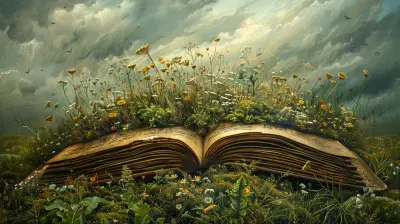
The Connection Between Art and Literacy in Early Learning
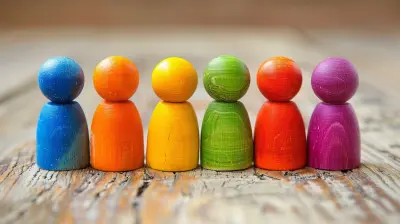
The Science Behind Effective Group Discussions

How E-Learning is Making Education More Inclusive

How to Empower Students to Make Ethical Choices

The Best Ways to Stay Organized During Test Preparation

The Best Ways to Tackle Difficult Subjects Without Feeling Overwhelmed
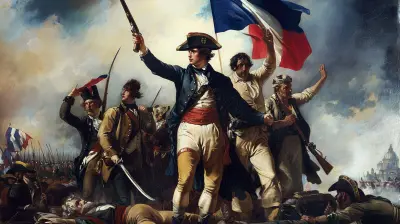
The Role of Propaganda in Historical Conflicts
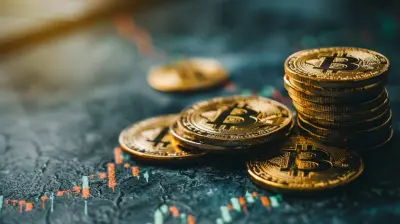
Redefining Education with Blockchain Technology